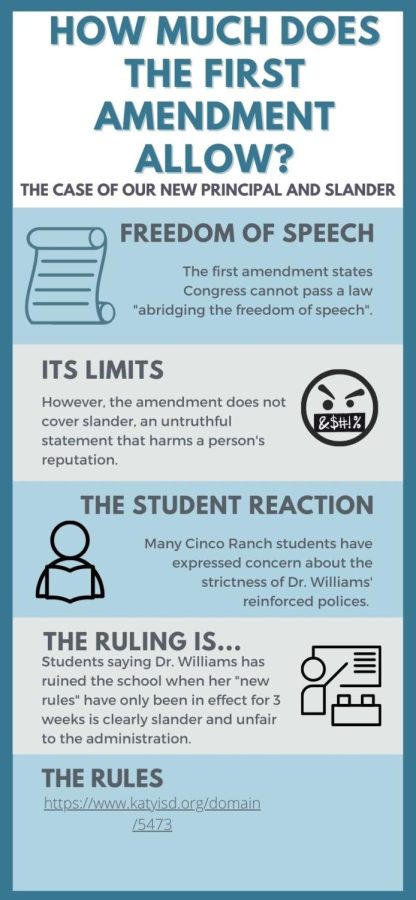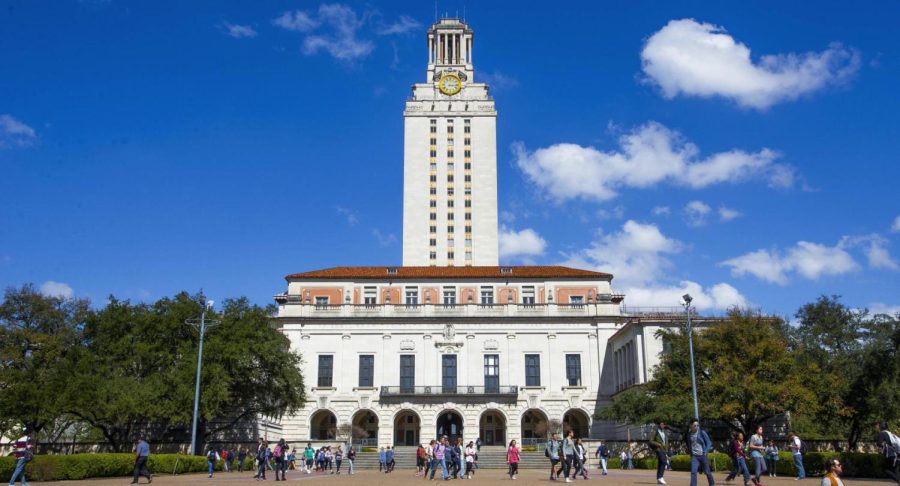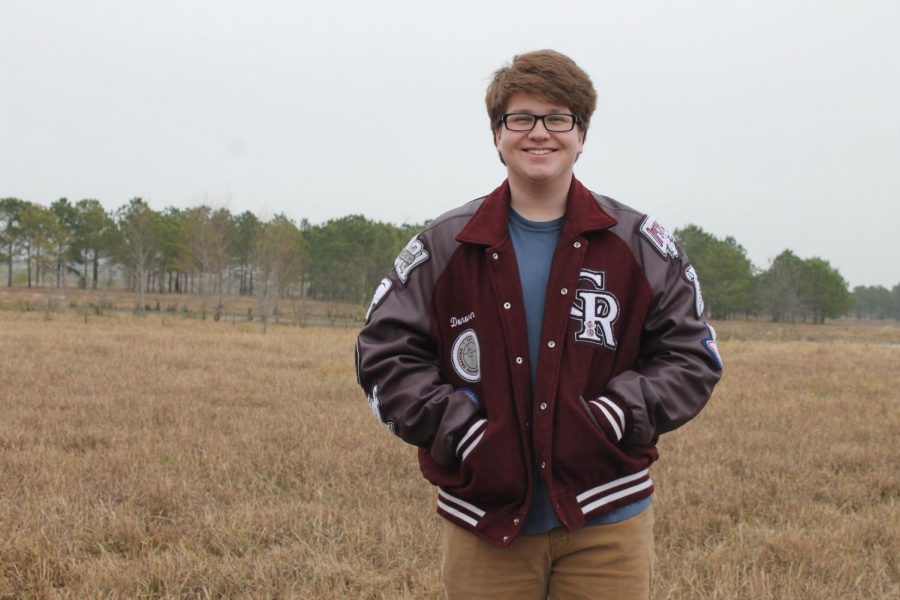Last Monday, students were astounded to see a poor man walking past Cinco Ranch Boulevard after school. The man was holding a cardboard sign and begging passerby for money near the high school and La Centerra. At 7:00, the man left the area, though incredulous crowds remained for some time.
“I always thought that poor people were imaginary characters made up in stories for little kids,” freshman Justin Suburbs said. “Like the Easter Bunny, the Tooth Fairy, or charity.”
Most students are shocked even more by secondary reports, revealing that this impoverished man spent Monday night sleeping under a bridge that runs over the drainage ditch beside the school.
“Homeless people? For real?” Suburbs said. “I thought that they were just a 3D part of the ads for lawyers on park benches.”
However, some students appear less surprised than others by the appearance of poverty in the form of homelessness, and claim to have even seen a few homeless people before while visiting other cities.
“I already knew that poor people existed,” senior Isa Wellthee said. “I have lots of friends who don’t live in gated communities.”
Other students deny the existence of poor people entirely, blaming Monday’s incident on a trick of light or a political scare tactic.
“It’s their own fault that they don’t exist,” sophomore Carrie Wallets said. “If they had been more responsible with their money, we might acknowledge their presence.”
Sophomore Carrie Wallets, among others, also blames the man’s alleged lack of existence on his laziness, preventing him from getting a job, which is not anything at all like Wallet’s inability to get a job last summer.
“He takes laziness to a new level,” Suburbs said. “I may walk around without a clear destination, not bother to shave, and wear jeans with holes in them like him, but at least I take the time to grab a bag of potato chips for nourishment when I go to watch TV. This man only ate one meal yesterday. How much effort could it take for him to make lunch for once?”
A few students, however, feel a need to take action to resolve this problem.
“I feel like I know exactly how he must feel, like I can really relate to him,” Wellthee said. “He has to beg for money to survive, I have to beg my parents for money to buy Coach purses.”
To aid the newly discovered problem of homelessness, some have proposed to siphon off half of the oxygen from the streets that the homeless live in and give it to corporations, proven job creators, to fight unemployment and aid the poor’s job outlook.
“Some of the homeless people were so excited when it was field tested, they fainted!” businessman Rich Mann said. “The only negative moment of their day must have been when they were loaded onto an ambulance now funded by national health care, but let’s restrain ourselves from trying to solve all of their problems in one day.”
Despite these attempts to aid the poor, the general consensus is that poverty should remain at an arm’s length, for the sake of both comfort and safety.
“Think of the homeless man’s unkempt facial hair,” Mann said. “His beard is giving him too much camouflage to make me comfortable in the inevitable class warfare. All I have is a helicopter to escape in and a few million dollars to get by on for a few weeks. Do you know how much damage he could inflict on my office building with his cardboard sign?”
Bill Yunair, founder of the Organization for the Home Welfare of Economic Super-conglomerates and Totally Independent Novice Corporations, or OHWESTINC, said that poor people selfishly create an undemocratic disadvantage for the rich by taking up too much legal attention.
“You hear a lot about the protests in Wall Street against the top 1% of America.” Yunair said. “Where’s our protest? Most Americans feel grossly under-represented, and so do we. If they want a majority movement, we can have one. Why don’t we have a protest of the top 99% against the bottom 1% of society?”
Most students, overall, say that while the appearance of poverty disturbed them, they do not expect to change much of anything.
“I don’t see why this is such a problem,” Wallets said. “If there were thousands of these poor people in our country, and we weren’t doing much of anything to help them, then we would have a real problem. Until then, I don’t think we have anything to worry about.”

![Tips for Studying Finals [INFOGRAPHIC]](https://crhscountyline.com/wp-content/uploads/2022/12/Studying-for-Finals-900x506.jpg)




